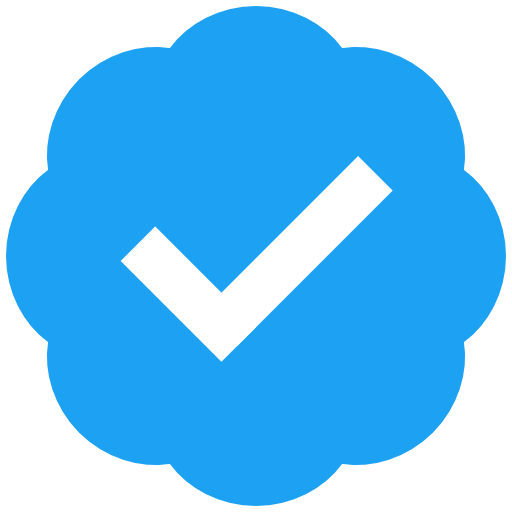Well, I'm reading through it now, mere days before the book report's deadline (life has been kicking me while I'm down this past month; just lemme have this one). Keeping in mind that this was published in 2015, and likely worked on in 2013-2014, I'd say, so far (I'm finished with the first two, of eight, chapters), that the authors are... wildly optimistic in their prognostications. Their faith in capitalism is thoroughly baked into -- and yet completely unspoken in -- what I have read so far, and it borders on naïveté. Ethical questions are barely even raised, and there is no investigation made into them at either the textual or subtextual level.
As a former software engineer, their hope in Big Tech -- and particularly companies like Facebook and Google (the authors go so far as to nonchalantly suggest that a "genomic 'Facebook'" might one day exist, without casting any skepticism or aspersion toward that idea at all) -- is particularly misplaced when viewed through the lens of a decade of hindsight into the mess that surveillance capitalism has wrought. #23andMe has been presented as a success story, a particularly tragicomical specimen in light of its recent financial troubles and questions over ownership of the genetic data should it go bankrupt.
And that leads into what I suspect will be my primary gripe with the book: its (suspected) dearth of considerations for the licensing of genomic data and technology, about who gets to benefit from amassing such a corpus of genomic information, and on what terms. I have found myself at multiple instances, just in the first two chapters, already exasperatedly asking the authors: haven't y'all seen or read anything put out by @aral on the questions of data ownership? Is the field of #bioinformatics truly sleepwalking into the exact same quagmires that the #FreeSoftware world contended with, all without ever reading anything put out by @rms, by the @fsf, by the @conservancy, or by the @fsfe? Is our species, in yet another instance, going to prioritize private profit at the expense of public good? Nay, even publicly subsidize a for-profit sector that has no obligations to the public in turn?
If genetics truly is the source code of life, and our existing licenses for such source code are truly so "permissive" (or even non-existent) then our species is in very sorry shape indeed. To avoid a #cyberpunk future, I implore and entreat that we take inspiration from nature's viruses, and adopt viral, copyleft licensing for our collective genetic source code as a species. Genomics must belong to everyone, lest it become yet another tool of oppression. "Free Genomics, Free Society," as it were.
I see the nascent optimism of authors Field and Davies and raise them an equal dose of pessimism, administered one decade later.

